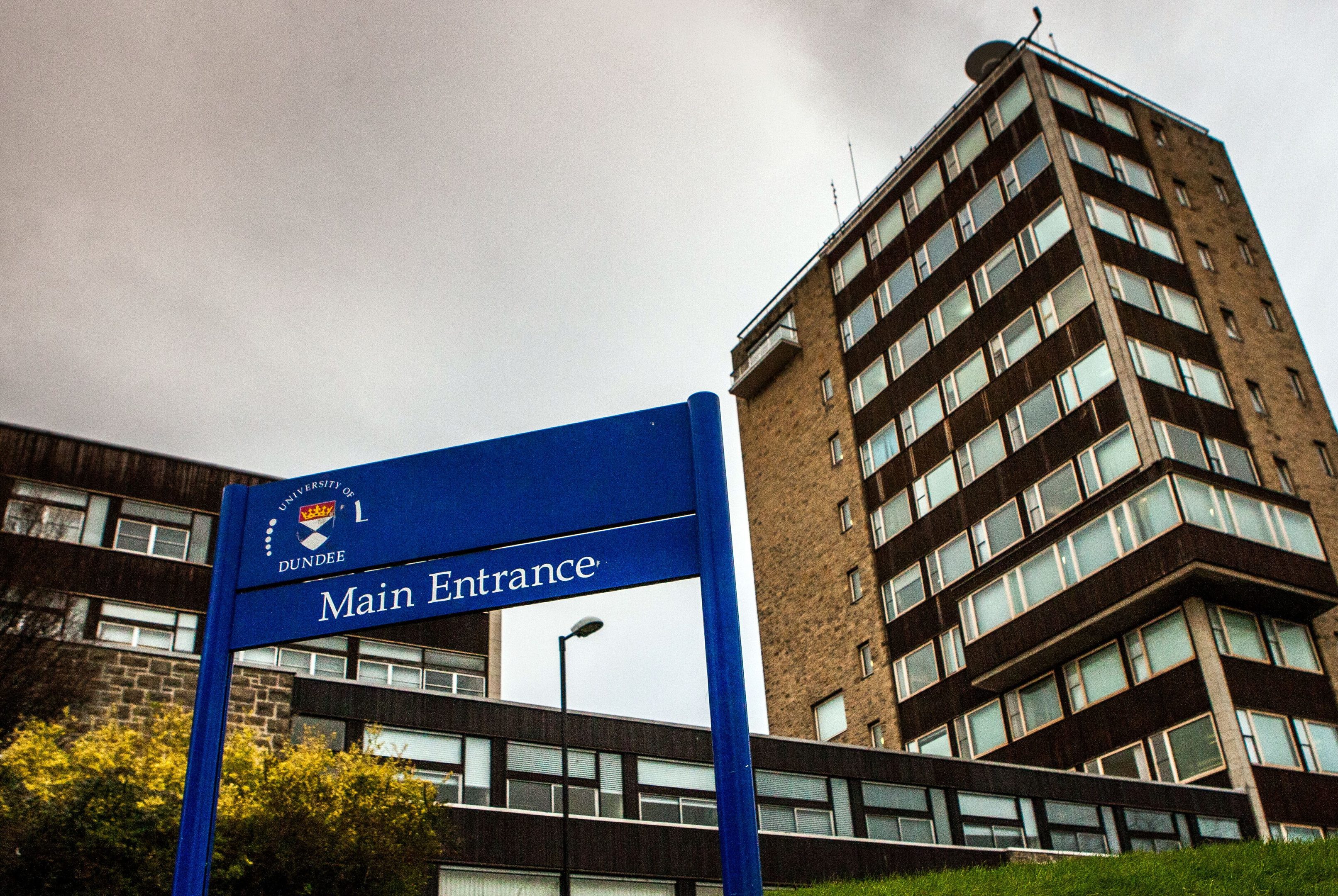A breakthrough method of diagnosing prostate cancer has been discovered by researchers at Dundee University.
The ultrasound process, which is said to be cheaper and less invasive than current methods, is called shear wave elastography (SWE) and has been shown to offer greater accuracy and reliability.
News of the research has been welcomed by Stephen Fry, a former rector of the university, who recently revealed he had undergone surgery for prostate cancer.
He said: “As a proud honorary doctor and one time rector of Dundee University, as well as a recent survivor of prostate cancer, it is doubly, triply exciting to hear of the new techniques in diagnostic imaging that have been going on at the famed Medical School.
“Anyone who has been in my position will know that when it comes to this pernicious disease early screening and diagnosis is the absolute key to a successful outcome.”
The project was funded by Prostate Cancer UK with support from the Movember Foundation.
In the UK, one in eight men will get prostate cancer at some point in their lives, with men aged over 50, or with a family history of prostate cancer, more at risk.
The new method, developed by Professor Ghulam Nabi and colleagues, involves targeting the prostate with ultrasound.
Cancerous tissue is stiffer than normal tissue, so when the shear waves are slowed as they pass through it.
The technology was able to detect 89 per cent of prostate cancers and could identify more aggressive cancers and those beginning to spread outside the prostate.
Professor Nabi said: “Prostate cancer is one of the most difficult to pinpoint.
“The new method we have developed shows we can achieve much greater levels of diagnosis, including identifying the difference between cancerous and benign tissue without the need for invasive surgery.
“This is a significant step forward in detection and management of prostate cancer.”










